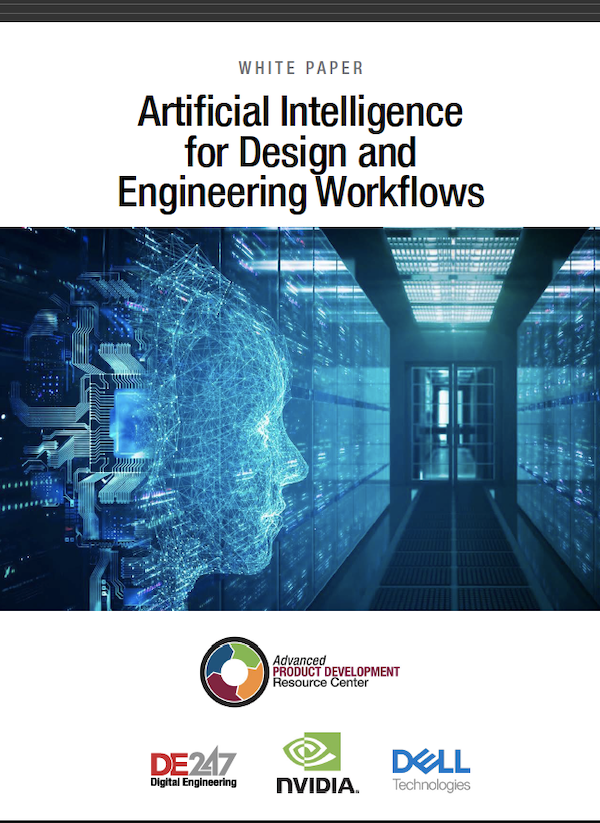Latest News
June 1, 2018
Each day, more than 17 million smart devices across North America capture data about gas, water and electric use. The Internet of Things (IoT) devices, operated by solution provider Sensus, send data to a back-end system used by utilities and other Sensus customers. With the data, these customers can monitor usage and better conserve resources.
Sensus wanted to gain more proactive capabilities around its Returned Materials Authorization (RMA) application, which analyzes problematic devices returned to Sensus by customers. “We wanted to help our customers understand the issues they were experiencing before they were even able to identify them on their own,” says Anne Mushow, director of RMA at Sensus.
“When you’re trying to understand performance variation and investigate what caused an issue for a customer, having the full history we can get now with the Dell solution is absolutely key.”For Sensus, becoming more proactive by expanding data sets was a major challenge, because it relied on 300 separate databases for device data. In addition, Sensus needed to respond to customers’ requests to read meters more frequently.— Anne Mushow, Sensus
Improving Analytics with a Dell EMC and Intel Big Data Solution
A longtime Dell EMC customer, Sensus once again chose to partner with Dell EMC on a Hadoop big data solution. Sensus attended a Dell EMC Solution Center for an in-depth briefing and discussion about its big data strategy. Following this, Sensus decided to deploy a new big data solution based on Dell EMC PowerEdge R730 and R730xd servers with Intel® Xeon® processors E5-2600 series.“Dell works closely with us not only to understand what our needs are, but also to project the hardware roadmap that is coming up,” says Geoff Haisty, senior principal software engineer at Sensus. “We chose the Intel processors because of their speed and efficiency, and we specifically worked with Dell to get the latest hardware and the latest chips from Intel because of the amount of computing capacity we knew we would need.”
The PowerEdge R730xd is the backbone of a new Sensus big data cluster and data lake. The company uses the cluster to ingest manufacturing, testing and RMA data streams, as well as supply chain data.
The company uses an Apache Hive query engine with Spark SQL to enable real-time processing. Sensus uses the solution as a test bed, analyzing usage and performance data from hundreds of thousands of meters. “We use the data lake to look for similar behaviors and information we can leverage to look for patterns. This helps us make faster decisions on whether that particular device should be changed or redesigned to account for how it’s being used in the field,” says Hensley.
Using Big Data to Proactively Identify Performance Trends
Sensus can now use a proactive approach to identifying device performance for its customers because the big data solution can support a higher volume of data. “We can expand 60 days’ worth of data to an infinite amount of data using the Dell and Intel solution, which helps us spot performance trends in the 17 million smart points we have deployed,” says Mike McGann, vice president of quality at Sensus. “That helps us prevent issues in the devices.”
Subscribe to our FREE magazine, FREE email newsletters or both!
Latest News
About the Author
DE’s editors contribute news and new product announcements to Digital Engineering.
Press releases may be sent to them via [email protected].






